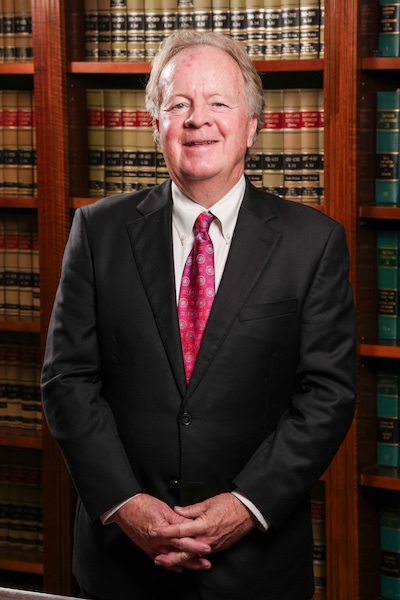The case originated in Baltimore City Circuit Court and wended its way through the Maryland Court of Special Appeals en route to Maryland's highest court, the Court of Appeals.
The case concerned allegations that treatment for a brain aneurysm fell below the standard of care and that the patient was not provided an opportunity for "informed consent" to a treatment regimen.
The trial court excluded expert testimony of the victim's expert regarding both breach of the standard of care and informed consent. Consequently summary judgement was granted to the healthcare providers by the trial court.
The intermediate appellate court reversed the trial court in part and sustained it on another part. Thus, the stage was set for the rather ill-conceived intervention of the Maryland Court of Appeals.
The 4 to 3 Court of Appeals decision applied mathematical precision to its finding that the plaintiff's expert violated the 20% rule. For those who are not familiar, the 20% rule precludes the testimony of experts on breach of the standard of care who annually devote more than 20% of their professional time to activities that directly involve testimony in personal injury cases.
In this case, the Court found that the expert in question spent 20.66% of his time so engaged. To be more precise, if the expert had indicated that he spent 9 more hours in a year on professional activities not associated with personal injury activities his testimony would have been fine.
While the Court seemed quite precise on this point, they sustained the trial judge's exclusion of expert testimony on informed consent because...well...because trial judge's have discretion regarding expert witnesses.
The trial court's analysis as well as the high court's is bereft of sensible guidance. Which is pretty much what the three dissenting judges opined.
The net effect of this opinion is that lawyers will count closely their experts hours devoted to testifying in personal injury cases and pray that trial judges will find their experts testimony edifying on issues of informed consent. Great blackletter law huh?

